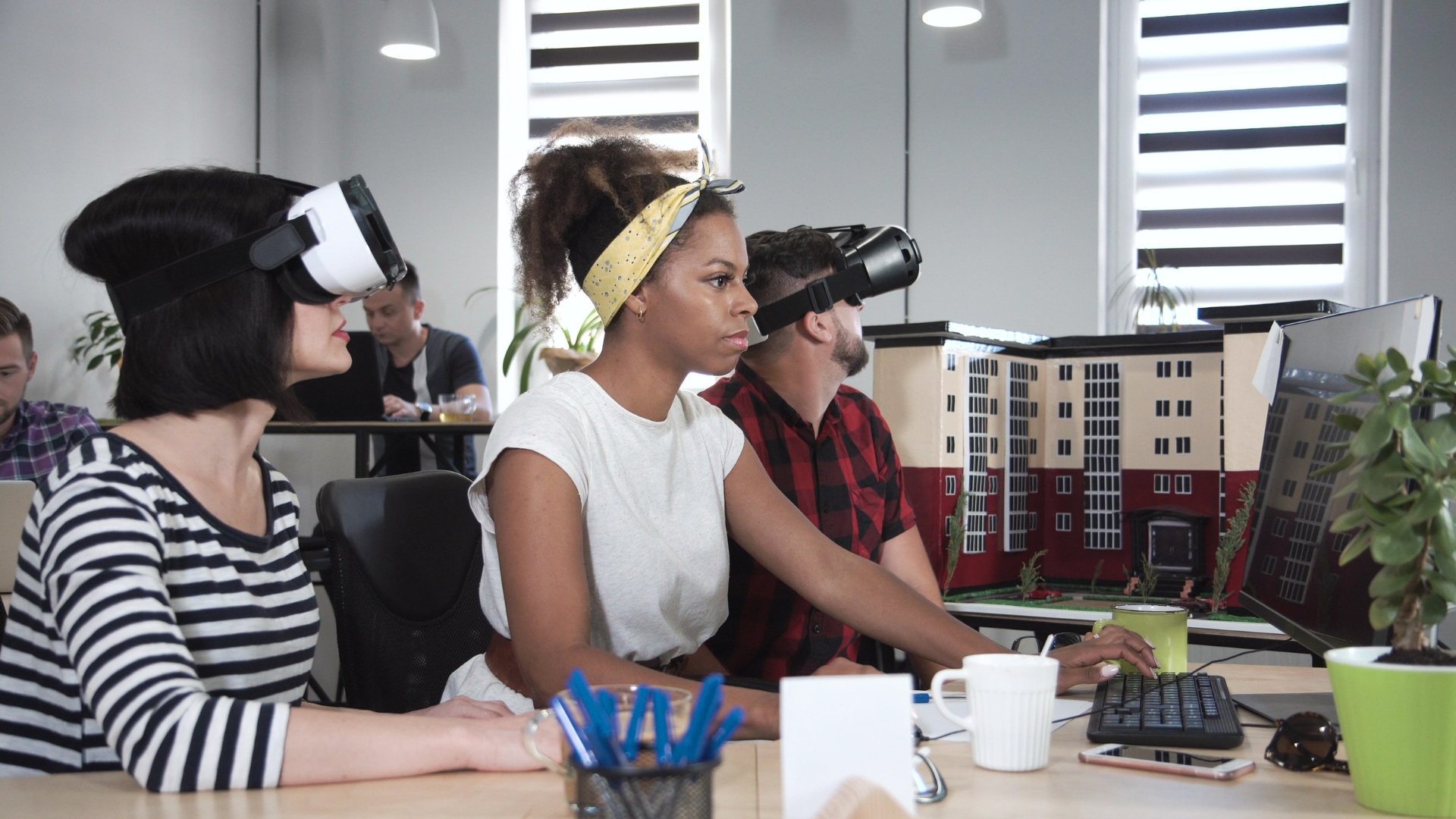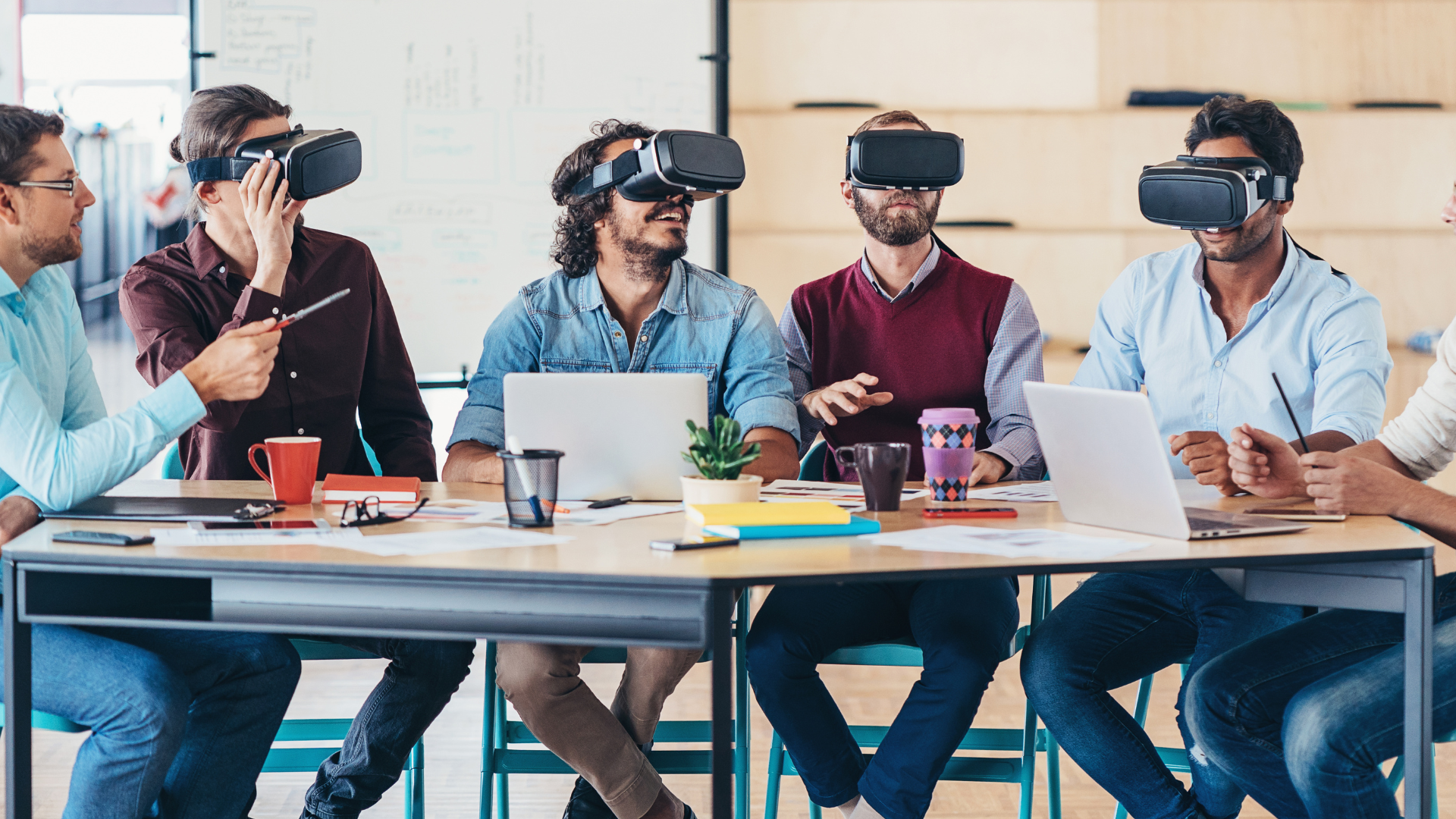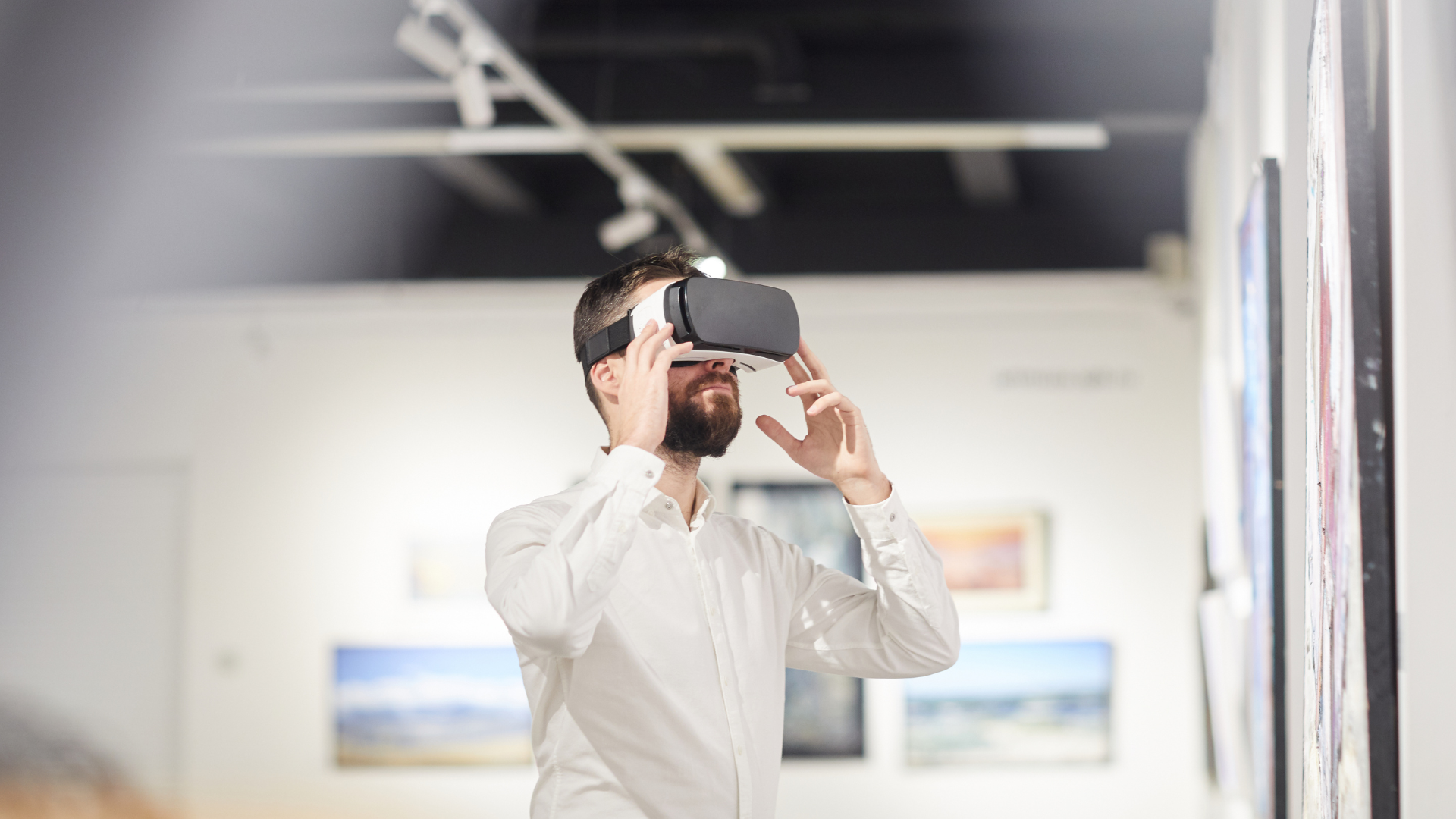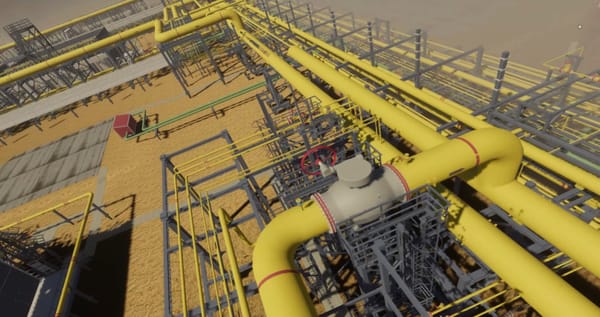Future of work series: Virtual Reality's Impact on the Future of Office Space
The traditional office space has been the cornerstone of business for centuries. However, with the advent of virtual reality (VR), the future of office space is set to be transformed in ways we could not have imagined even a decade ago.

The traditional office space has been the cornerstone of business for centuries. However, with the advent of virtual reality (VR), the future of office space is set to be transformed in ways we could not have imagined even a decade ago.
In the past, office spaces were often associated with large, open-plan areas filled with cubicles, fluorescent lighting, and bland decor. However, virtual reality technology is now giving us the opportunity to create more dynamic and engaging work environments that are more conducive to creativity, productivity, and overall wellbeing.
One of the most significant impacts of virtual reality on the future of office space is the ability to create immersive work environments that feel more like a physical space. With the use of headsets and controllers, employees can now interact with a virtual workspace, moving objects around, and collaborating in real-time with colleagues who may be working from anywhere in the world.
This level of flexibility is particularly beneficial for businesses that are looking to move away from traditional office spaces, allowing employees to work remotely from anywhere in the world. This approach can be particularly useful for companies that have employees working in different time zones or for businesses that are looking to reduce their overheads by downsizing or relocating to cheaper locations.
Another significant impact of virtual reality on the future of office space is the potential to enhance communication and collaboration between employees. VR technology provides a platform for teams to work together in real-time, regardless of their location, which can lead to improved team dynamics and higher levels of creativity and innovation.
Virtual reality can also help to create more engaging and interactive training programs. By using VR, employees can be trained in a more immersive and realistic environment, which can be particularly useful for jobs that require hands-on experience or exposure to potentially dangerous situations.
Finally, virtual reality can also provide an opportunity for businesses to create a more inclusive workplace. By creating virtual workspaces that are more accessible and adaptable to employees with disabilities, businesses can ensure that everyone has equal access to job opportunities and can work in a supportive and inclusive environment.
In conclusion, virtual reality is set to have a profound impact on the future of office space. From creating more dynamic and engaging work environments to improving communication and collaboration between teams, VR technology has the potential to transform the way we work and interact with one another. As this technology continues to evolve, we can expect to see more businesses adopting virtual reality in their workplace, leading to a more efficient, productive, and engaging work experience for all.
Other articles in our Future Of Work Series:











